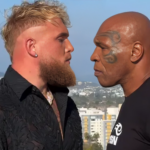In 2014, Stephen Keshi became the first African and indigenous coach to get an African team past the World Cup first round, something Cisse, Kadri, Regragui, Song, and Addo can emulate.
In the 92-year history of the FIFA World Cup, only local coaches will for the first time ever, sit in the dugout for all five of Africa’s representatives at the tournament.
Previous tournaments have seen African teams turn to European or South American coaches in a bid to perform well. However, no African team is yet to get past the quarter-final stage of the competition.
Russian Valeri Nepomniachi with Cameroon in 1990, Frenchman Bruno Metsu with Senegal in 2002 and Serb Milovan Rajevac with Ghana in 2010 were the men who achieved this feat for the African continent at the World Cup.
Stephen Keshi became the first African and indigenous coach to get an African team – Nigeria – past the first round of the competition, at the World Cup in 2014.
Heading to Qatar, all of Senegal, Tunisia, Morocco, Cameroon, and Ghana will no doubt be creating history with Aliou Cisse, Jalel Kadri, Walid Regragui, Rigobert Song, and Otto Addo, but how far will their indigenous coaches be looking to go at the tournament?
Group A: Senegal – coached by Aliou Cisse
By far the most successful of this quintet. Cisse helped Senegal to their maiden African Cup of Nations (AFCON) in Cameroon this year.
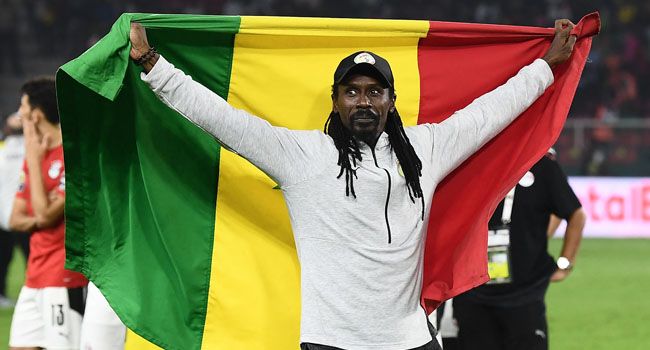
The Senegalese is also the only one of the five to possess World Cup experience as a manager, having led the Teranga Lions to the 2018 tournament in Russia.
In 2018, Senegal came close qualifying to for the round of 16, however, they lost 1-0 to Colombia, the same as Japan who lost to Poland but qualified ahead of the Africans due to a fair play tiebreaker.
Senegal’s performance in recent months has left many speculating that Cisse’s side could be the only African team good enough to make it past their group at Qatar, but that remains to be seen when they play the hosts, Ecuador and the Netherlands.
Cisse’s preferred formation: 4-3-3 attacking
Group D: Tunisia – coached by Jalel Kadri
After over 25 different coaching and managerial jobs during a nomadic career in which he’s never stayed anywhere for more than a year, Kadri is set to undergo his biggest test ever.
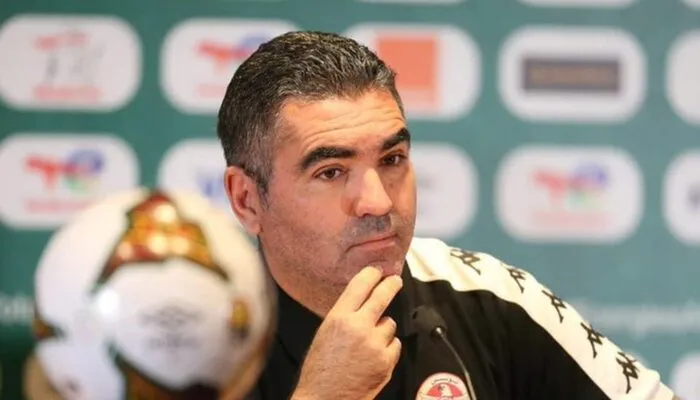
The 50-year-old was promoted from being Mondher Kebaier’s assistant in late January. He had temporarily taken charge of Tunisia’s games at the AFCON due to Kebaier contracting COVID-19, and masterminded the round of 16 victory over Nigeria.
At Qatar, the job would even be tougher as the Carthage Eagles will face defending champions France, two-time quarterfinalists Denmark and 2015 Asian champions Australia.
Kadri’s preferred formation: 4-3-3 attacking
Group F: Morocco – coached by Walid Regragui
The newest of the quintet to the World Cup, Regragui replaced Vahid Halilhodzic – who had controversially alienated some of Altas Lions’ top talents, in August this year.
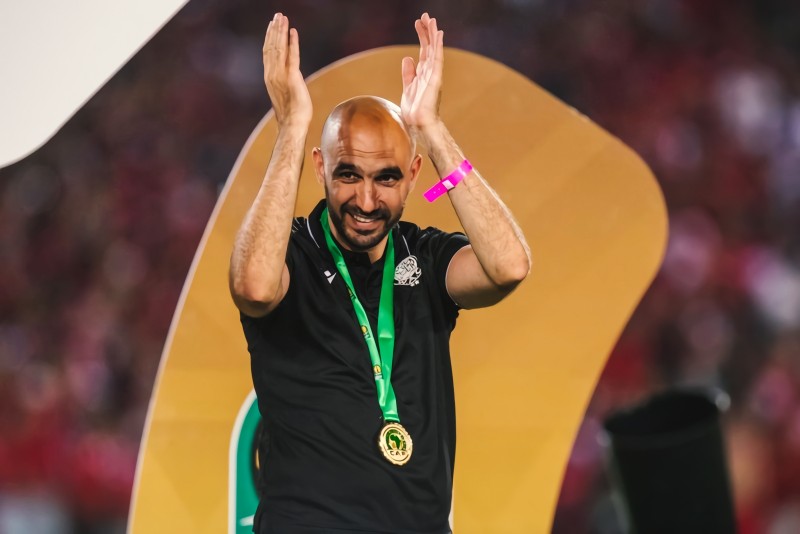
Although the French-born Moroccan may lack national team experience, his most recent successes with Wydad Casablanca at the CAF Champions League and Moroccan Botola Pro are strong indications that he is destined for a great coaching career with Altas Lions.
After only two friendlies against Paraguay and Chile, Regragui will have to show that he is undeterred and fit for the job when Morocco clashes with Belgium, Canada and Croatia in Qatar.
Regragui’s preferred formation: 4-3-3 attacking
Group G: Cameroon – coached by Rigobert Song
Following a poor outing at the Cameroon-hosted AFCON earlier this year, Toni Conceicao was replaced by Song as the manager of the senior national team.
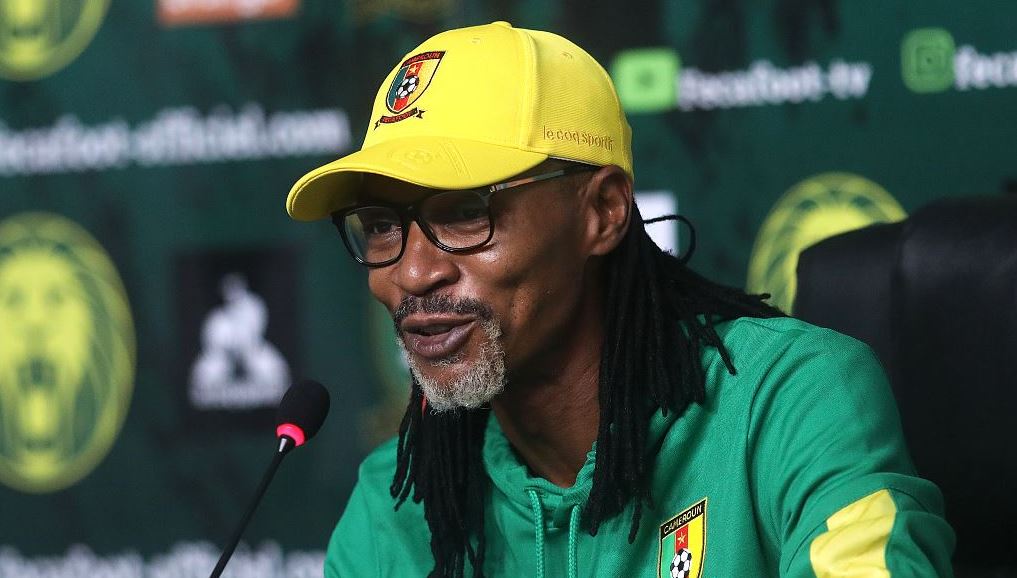
While some credit will go to the Cameroonian legend for the miraculous World Cup playoff win over Algeria, there are still some doubts about Samuel Eto’o’s influence on squad decisions and inspirational speeches, making Song more of a puppet head coach.
Cameroon will in Qatar, come up against stiff opposition from Brazil, Serbia and Switzerland.
Song’s preferred formation: 4-4-2 double-pivot
Group H: Ghana – coached by Otto Addo
After holding backroom positions with Bundesliga clubs Hamburg, Borussia Monchengladbach and Borussia Dortmund, this highly rated managerial wunderkind was named by Ghana as its head coach, in what was Addo’s first senior role.
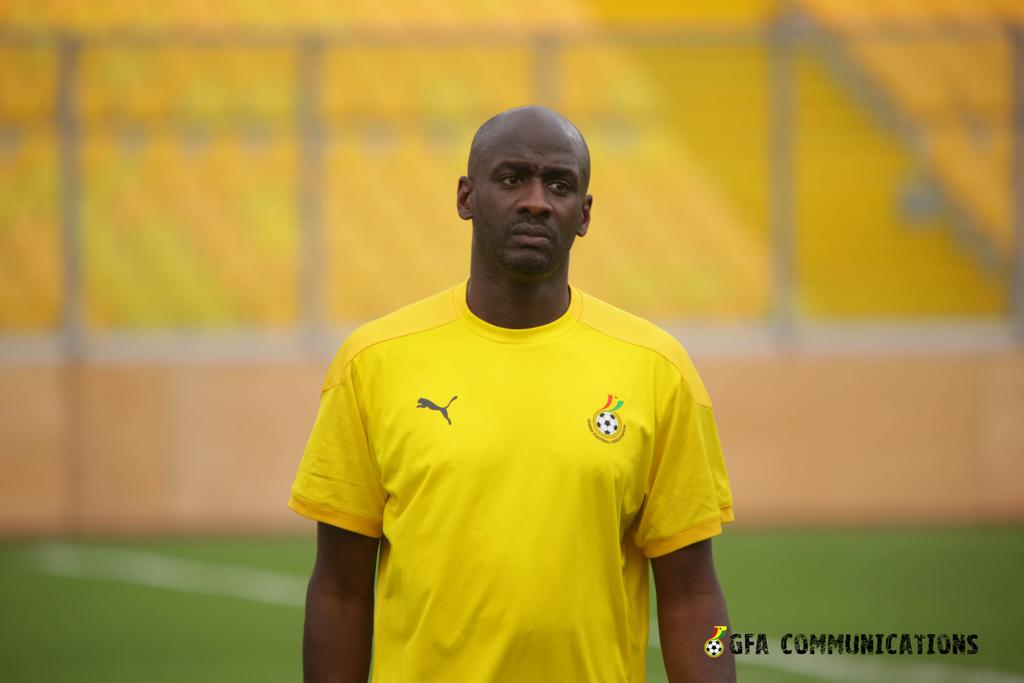
After tactically outclassing Nigeria in the World Cup playoff between the two rival nations, Addo will pat himself on the back for having a great start to his managerial career.
His short-term career which has also seen friendly victories over Madagascar, Chile and Nicaragua will pass through a stern test in Qatar when Ghana meet Cristiano Ronaldo’s Portugal, World Cup nemesis Uruguay, and 2002 semifinalists South Korea.
Addo’s preferred formation: 4-2-3-1
Pulse
